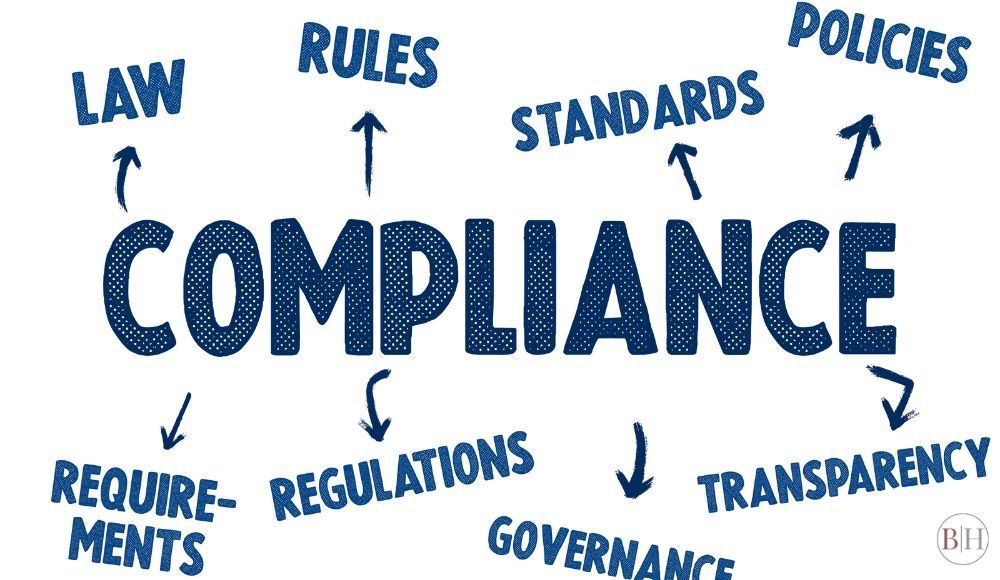Corporate Governance in Publicly Traded Companies

Corporate governance in publicly traded companies is the foundation for ensuring accountability, fairness, and transparency in a corporation's relationship with its shareholders, management, customers, and the community. This framework encompasses a collection of processes, customs, policies, and laws that oversee how these corporations are directed and controlled.
Effective corporate governance enhances investor confidence and promotes sustainable business practices in an era of increasing scrutiny and regulatory demands. This article examines governance challenges, the role of stakeholders, and the regulatory requirements for public companies.
Unique Governance Challenges Faced by Publicly Traded Companies and Their Boards
Publicly traded companies face distinct governance challenges that their boards must carefully manage. One critical issue is balancing shareholders' varied interests with different investment goals. Boards must comply with complex regulations and ensure transparent financial reporting to meet legal standards and investor expectations.
The demand for short-term performance in financial markets can conflict with long-term objectives, adding pressure on the board's decision-making. Effective risk management is essential to protect the company's sustainability and reputation.
Executive compensation remains a hot topic. Aligning leadership incentives with company performance is crucial amid public scrutiny.
Role of Shareholders and Institutional Investors in Shaping Corporate Governance Policies
Shareholders and institutional investors play a pivotal role in shaping corporate governance policies through their influence and voting rights at annual meetings. As company owners, they can elect board members, approve significant decisions, and demand accountability from management.
Institutional investors, such as pension and mutual funds, hold significant shares and thus have substantial clout to advocate for governance reforms, transparency, and sustainability practices. Their active involvement often pushes boards to adopt policies that align with shareholder interests, including executive compensation, strategic direction, and risk management. Additionally, they may engage in dialogues with management, proposing and supporting resolutions that promote long-term value. This engagement fosters a governance environment prioritizing accountability, performance, and ethical standards.
Regulatory Requirements and Disclosure Obligations for Public Companies
Public companies face stringent regulatory requirements and disclosure obligations to ensure transparency and protect investors. Key regulations include adhering to financial reporting standards set by agencies like the Securities and Exchange Commission (SEC).
Public companies must file regular reports detailing their financial performance and business operations. These disclosures must provide accurate and comprehensive information on revenue, expenses, liabilities, and risks.
Additionally, companies must disclose material events that could impact investors' decisions, such as mergers or executive changes. Compliance with these requirements is crucial for maintaining investor trust and market integrity. Failure to meet these obligations can result in penalties and damage to the company's reputation.
Consult With Our Legal Team
Work with a corporate attorney from Bingaman Hess to ensure your business complies with local and national laws. Contact us today to schedule a consultation. Our corporate attorneys will provide the highest level of representation and personalized attention.









